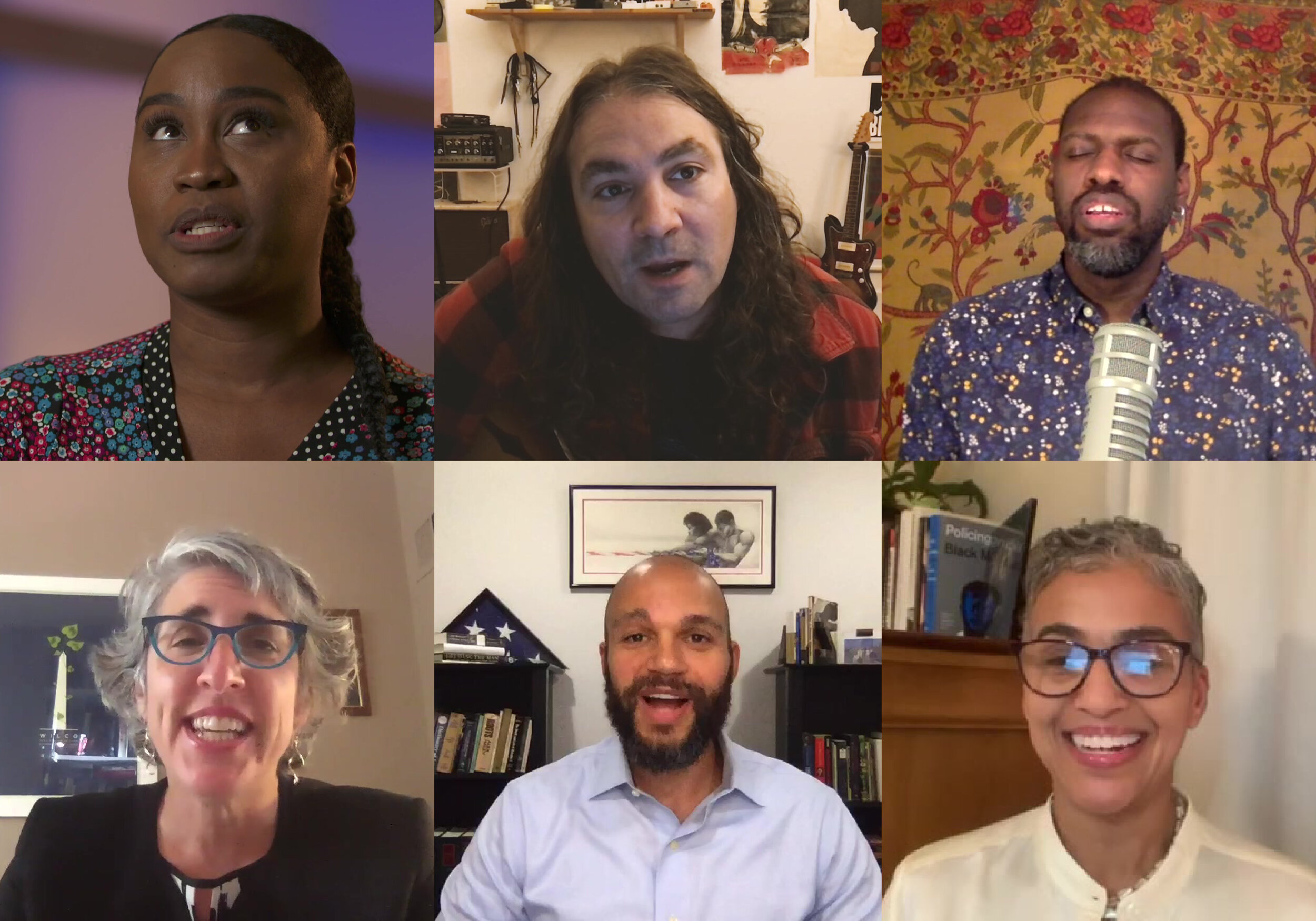The Council of the District of Columbia passed on Tuesday additional critical consumer protection provisions advocated for by Tzedek DC, the JCRC of Greater Washington, and anti-poverty allies to support vulnerable DC community members experiencing financial crisis from the pandemic.
First, in the Coronavirus Omnibus Emergency Amendment Act, Section 8, the Council enacted protections for residents at risk of impaired credit reports arising from delayed payments during the pandemic and 60 days following. The bill creates a right for DC residents to seek a COVID-19 alert to accompany their credit report and prohibits users of the credit report from factoring in negative information from the pandemic period and 60 days following.
Second, the Council passed the Foreclosure Moratorium Emergency Amendment Act of 2020, a measure introduced by Councilmember Brianne Nadeau. The mortgage relief previously passed by the Council did not apply to all homeowners, and the foreclosure moratorium included in federal law only applies to homeowners with federally backed mortgages. This bill closes existing gaps by broadening critical protections to apply to all DC homeowners.
Tzedek DC, JCRC, and other allied anti-poverty groups noted in an April 3 letter urged the Council to pass debt collection reforms, which passed in April, and to adopt these measures now adopted by the Council. The credit reform proposal was developed and advocated for in partnership with national allies at the National Consumer Law Center and Color of Change.
Councilmember Robert C. White, Jr., who introduced the credit reform legislation in the DC Council, said in a May 5 tweet: “I wanted to help residents whose credit could be negatively impacted by coronavirus emergency.... I’m thankful [to] Tzedek DC for bringing this issue to my attention.”
Ronald Halber, JCRC’s Executive Director, commented: “The Torah commands us to champion the interests of the poor. These systemic reforms enacted by the Council apply that principle in important, concrete terms. Credit impairment and homeownership issues remain important issues of economic and racial justice.”
Tzedek DC Founding President and Director-Counsel Ariel Levinson-Waldman said: “We thank Councilmember White and Councilmember Nadeau and colleagues for their leadership on these bills, as well as Chairman Phil Mendelson and fellow members of the Council for voting unanimously to support these vital consumer protections for vulnerable families experiencing debt-related problems.”
About Tzedek DC and JCRC
Drawing from the Jewish teachings of “Tzedek, tzedek tirdof,” or “Justice, justice you shall pursue,” Tzedek DC’s mission is to safeguard the legal rights and financial health of DC residents dealing with the often devastating consequences of abusive debt collection practices and other consumer-related issues. Tzedek DC is headquartered at the UDC David A. Clarke School of Law. Most of our clients are women, and nearly all are from communities of color.
The Jewish Community Relations Council of Greater Washington (JCRC) is the public affairs and community relations arm of The Jewish Federation of Greater Washington, representing over 100 Jewish organizations and synagogues throughout DC, Maryland, and Virginia. JCRC focuses on government relations, Israel advocacy, inter-group relations, and social justice.






